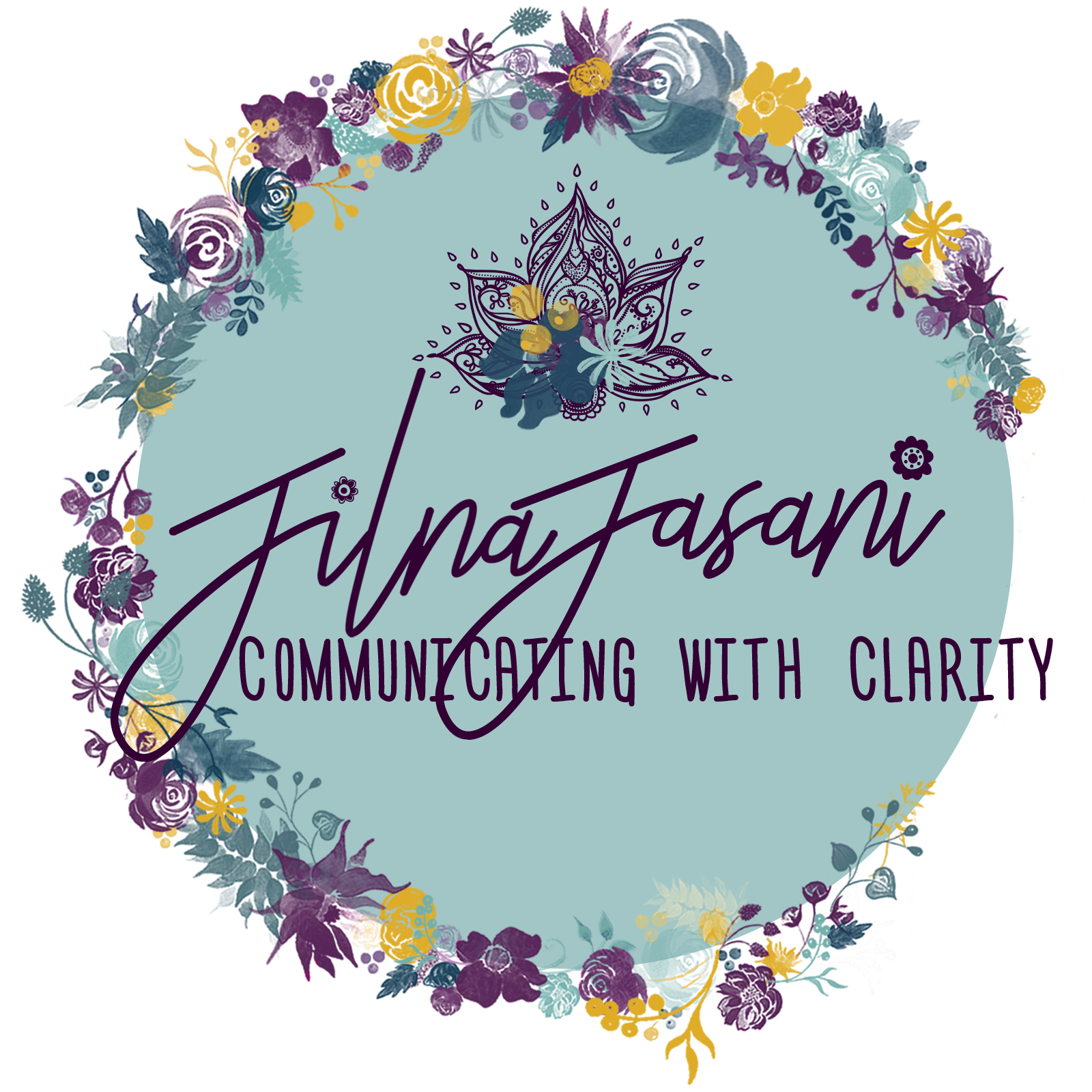
Fight, Flight, or Freeze

From the point of view of our true self,
we don’t need to get love, because we are Love.
we don’t need to seek truth, because we are Truth.
we don’t need to be free, because we are Free.
we don’t need to be curious, because we are Curious.
we don’t need to be vulnerable, because we are Vulnerable.
we don’t need to express ourselves, because we are Self-expressed.
When we defend our ego, we constrict what we naturally are, and we constrict our hearts from feeling.
This constriction creates the emotions of:
- anger when the four-year-old pushes the eleven-month-old.
- shame when the seven-year-old forgets repeatedly.
- disappointment when the six-year-old doesn’t share.
- worry when the eight-year-old plays unfairly.
- frustration when the three-year-old feels anger.
- concern when the five-year-old lies.

Over time, this constriction has created walls so the emotions are trapped. As adults we’ve become prisoners of these walls, which is why we feel we are the emotion, like I am angry, when in fact we feel anger.
These points of constriction are referred to as Trauma.
Trauma is:
- not ONLY the bad things that happened to us, but also the absence of the good things that should have happened to us.
- not the event that happens to us, but what happens inside our body and mind as a result of the event that happens to us.
- not an external disconnection from an event or person, but an internal disconnection from our true selves, feelings and emotions.
Trauma’s effects are far-reaching. It shapes our view of the world, causes constricted and limited perception, overrides our gut feelings that help us survive, makes it difficult to stay in the present moment, and even changes our nervous system.
A.H. Almaas says, “The fundamental thing that happened and the greatest calamity is not that there was no understanding or support. The greater calamity which was caused by that first calamity is that we have lost a connection to our true selves. That is much more important than whether or not your mother or father loved you or not.”
Trauma can show up as:
- anger
- shame
- disappointment
- worry
- frustration
- concern
- anxiety
- eating disorders
- addictions
- autoimmune disease
- inflammation
- depression
Trauma ignites our reactions with our children and changes our nervous system. Our instinctual flight, fight, or freeze reflex is set off, causing overreactions.

We flee by tuning out of the situation. Our attention becomes scattered and our thoughts create control. This may be associated with stomach upset or breathing problems.

We fight by being defensive and argumentative, turning to discipline. We are in a defensive mode even when there is no danger. We have a bias towards the danger.

We freeze by becoming passive and shutting down. We walk away in fear of a confrontation. We are not using the higher circuits in the brain to investigate and understand our experience.

Trauma makes our future responses to the world more limited. It interferes with the natural growth process. The natural growth process mimics the growth of nature. For example, a tree is an example of natural curiosity, free-flowing self-expression, and vulnerability to the present moment. Trauma hinders that process.
Trauma constricts our capacity to see and think clearly. This inability to see and think clearly affects how flexible and open we can be with our responses to our children. It’s safe to say that the more reactive our responses (flight, fight, or freeze), the more traumatized we are and the more limited our responses can be.
Take for example these situations with our children. They are not traumatized when they feel pain, but rather when their perception becomes more limited by our reactions.
- “Stop it, or you’re going into time out” can limit his perception of understanding how a time out is related to him taking back what he might have perceived to be his.
- “Why are you so forgetful?” can limit her perception of understanding why remembering that particular thing matters so much.
- “Share, or I’m taking it away.” can limit his perception of why his body feels the need to keep something, but is externally forced to do the opposite.
- “If you can’t play fair, then you can’t play at all” can limit his perception of what defines rules and boundaries.
- “Last time I took you, you screamed the whole time. So this time, you’re staying home” can limit her perception of which emotions are appropriate to express freely.
- “Lying is disrespectful. Speak the truth” can limit his perception of why his interests have limitations.
These experiences eventually narrow their perspectives in every situation. It makes their responses to the world more limited. And they come out of the trauma more limited than they went in.
Question:
Where do you most often find yourself? In flight, fight, or freeze?

I’ve opened registrations for my live 3-month Group Coaching Intensive, The Foundations of Conscious Parenting. It is tailored for moms of children between three to eight years old, who are seeking to learn how to hold and set healthy boundaries without second-guessing themselves.
Would you be interested in learning more about it?

